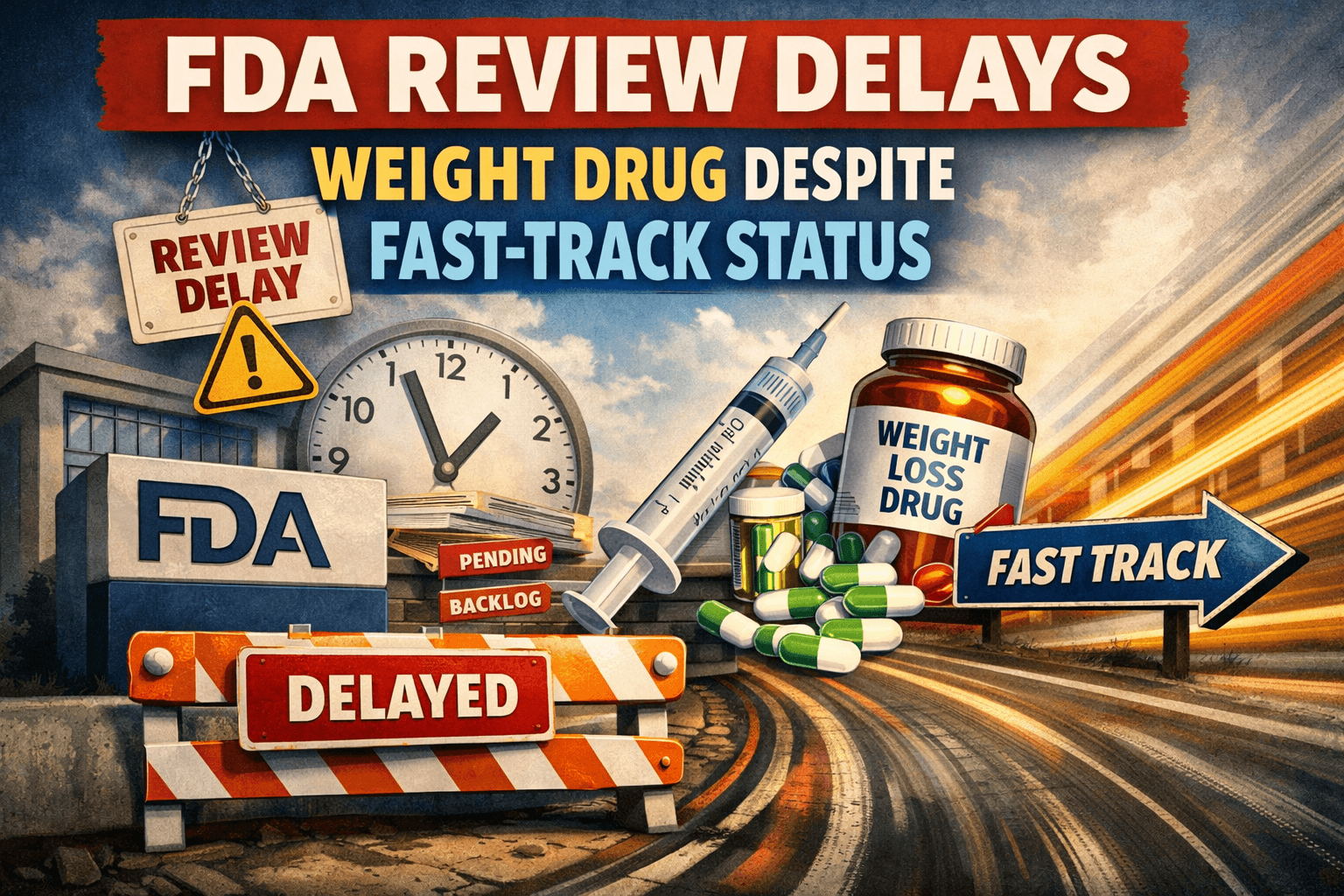FDA desperately needs an overhaul
May 9, 2020
by Brian Blase, May 09, 2020 | From: The Washington Examiner
The Food and Drug Administration, along with the Centers for Disease Control and Prevention, failed America with its coronavirus response. The CDC bears enormous fault for violating its own manufacturing standards and then distributing a faulty test (one that had been contaminated with the coronavirus) to labs throughout the country. In addition, FDA decisions in February and March hampered and delayed the development of tests for the virus and the production of protective equipment.
While these failures are extremely visible and have caused needless deaths, the agency’s regulatory approach has led to less visible mistakes for decades. A silver lining from this crisis is that the FDA’s failures can and should lead to an overhaul of the agency and a reduction in the significant, but often hidden, harm it causes.
Although the CDC developed and distributed a defective test and was beset with management problems, the bad test quickly became clear to scientists in universities, hospitals, and public and commercial labs. Many of them went to work creating useful tests. But the private sector’s ingenuity and entrepreneurship were “paralyzed by a bloated bureaucratic/administrative process,” according to one lab’s medical director.
The Washington Post reported that “leading clinical labs were spending much of their time and energy on the FDA’s paperwork and data demands to win approval for their tests.” The Mayo Clinic created a rapid response team, and one-third of its members were working 15-hour days for three weeks solely to meet FDA paperwork demands. New tests were sitting unused at labs around the country while precious time in our nation’s response was lost. The FDA initially required private labs to replicate the CDC test design and have the agency review them before they could test.
A University of Washington scientist called the FDA’s process “pernicious,” stating that it “kneecaps our ability for preparedness.” Current and former FDA officials, as well as researchers and doctors, viewed the FDA as a roadblock. The FDA also delayed the development of at-home tests.
FDA policies stymied protective gear, such as masks and ventilators, from being imported, with valuable equipment stuck in customs awaiting review for weeks. The FDA limited domestic mask production since it needed to certify all production lines for masks for healthcare workers, even if they were already certified by other government bodies. The FDA imposed absurd daily limits on the number of masks that could be disinfected, a roadblock that Ohio Gov. Mike Dewine called “nothing short of reckless.” Fortunately, President Trump intervened to undo these limits. The FDA also frustrated hand sanitizer production, and the White House had to intervene to unblock this production as well.
From a cost-benefit perspective, the FDA has powers that can lead to two kinds of errors. The first is approving products, medications, or tests that create harm. The second is delaying or preventing products, medications, or tests that produce benefits relative to what may already be on the market.
When the FDA makes the first type of error and approves drugs or unreliable tests, the mistake leads to visible harm to victims. On the other hand, when the FDA fails to approve certain drugs or tests, it’s unknown who would have benefited and therefore is harmed by not having the product. Because the second category of harm is less visible, the FDA has institutional incentives to delay and stop the release of new products.
The delay or prevention of products often has tragic results. The powers granted to the FDA in 1962 to review the efficacy of drugs, as well as their safety, likely led to a more than 50% drop in new drug approvals. Moreover, the time to approve a drug in the United States began to exceed approval time in Europe significantly. Even though fewer drugs were approved in the U.S., researchers did not find evidence of fewer recalls here than in Europe. In another study, economists found that the FDA’s extremely slow approval for a beta blocker in the 1970s was responsible for tens of thousands of premature deaths. Importantly, many drugs are not developed because of stringent FDA regulations, and this is extremely costly.
In 2012, Congress investigated the FDA’s role in exacerbating a shortage of generic injectable drugs — drugs typically used in cancer treatment. It turns out that the FDA had dramatically stepped up its enforcement activity of facilities making these products, and this shut down substantial production capacity. According to Scott Gottlieb, who would serve as FDA commissioner from 2017-2019 and launch several agency reforms, the FDA’s earlier overly aggressive oversight actions contributed to nearly half of the nation’s drug shortages.
The failure of the FDA with COVID-19 response is not the fault of any one person but represents an institutional failure, in which bureaucracy and inflexible rules trump the private market’s decentralized knowledge and ability to respond rapidly. The FDA often ignores the strong incentives that companies have to maintain quality, such as the loss of business from producing bad products and the threat of tort lawsuits.
The COVID-19 crisis has highlighted the inherent virtues of a decentralized market and the imperative to overhaul the FDA with a focus on streamlining its bureaucracy to accelerate the public’s ability to get beneficial and safe products.
Brian Blase, the president of Blase Policy Strategies LLC, served as a special assistant to Trump at the National Economic Council from 2017 to 2019.
https://www.washingtonexaminer.com/opinion/op-eds/fda-desperately-needs-an-overhaul
Type something …
Search




















